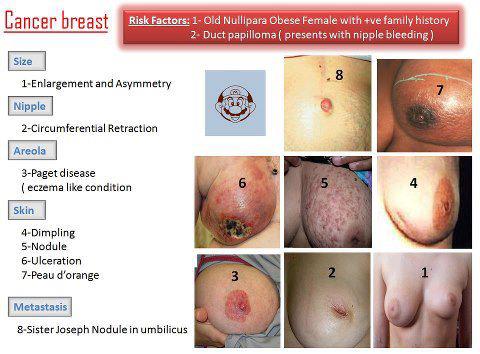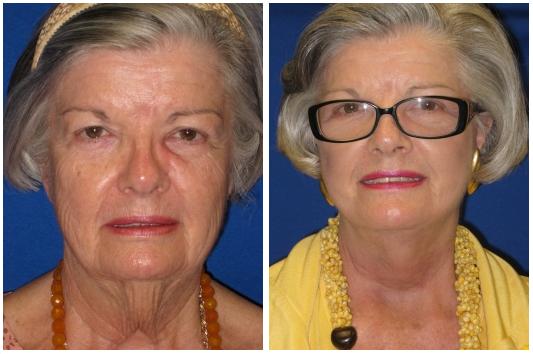Getting Help for Adult ADHD
You struggle with organizing your life. It seems hard to focus on information. You're constantly lost in your own world. Most adults don't realize that ADHD is more than just a disease for children, it also affects close to 5 percent of the adult population in the United States, many of which were undiagnosed cases when they were growing up. If you think you have ADHD, the good news is that you're not alone. There are medications to help you control this disorder, but many patients benefit more from getting help from others and learning tips and tricks to teach themselves how to better manage their condition. Before you consider medicines, you want to take a look at your resources.
1. Your Family Doctor
Quite a few adults with ADHD discover that they may have the disorder at the same time one of their children is diagnosed. If you're working on controlling your child's ADHD with your doctor, you could feel comfortable enough to discuss with them the possibility of you also seeking treatment. Explain to them the difficulties you've faced that are similar. Some doctors are happy to admit that they're not familiar enough with ADHD to make a firm diagnosis, but they can refer you to an ADHD specialist who can.
2. Mental Health Centers
You might feel that there is a stigma attached to seeking help from mental health professionals, but many of the reasons people need therapy or assessment are very common. If you find out what kind of mental health resources are available in your area, they will almost certainly have someone on staff who is an expert in ADHD and can give you more information. If there is a college or university near you with a strong psychiatry department, they could be a good source of information as well.
3. Therapists and Coaches
If you're going to get serious about controlling your ADHD symptoms, there are professional coaches available that are accredited through the Institute for Advancement of ADHD Coaches. These professionals can help you with both long-term goals and daily life. They will discuss with you the changes you want to make in your behavior and what steps you can take to get there. Many therapists have experience in adult ADHD as well, and they will be able to teach you ways to change your thinking.
4. Support Groups
Support groups are incredibly essential for anyone struggling with a mental disorder, and adult ADHD is no exception. When you listen to other people's stories, you will know how many regular, everyday people like you are affected by ADHD and be able to relate to what they're going through. You can also get ideas for how other people cope with the condition, which can leave you feeling less worried about your future.
Adult ADHD can have a major impact on your life, and it is not something to be taken lightly. If you suffer from ADHD, you have a much higher chance of problems at work and problems in your relationships. Along with that comes the feeling of never really being in control of your life. You owe it to yourself not to struggle anymore, and the first step to making that a reality could be reaching out to someone who is willing to lend a hand.
Sarah Martin writes for medical blogs. If you've been dealing with a short attention space, look into the ways in which training and mentoring can help you be more focused.
1. Your Family Doctor
Quite a few adults with ADHD discover that they may have the disorder at the same time one of their children is diagnosed. If you're working on controlling your child's ADHD with your doctor, you could feel comfortable enough to discuss with them the possibility of you also seeking treatment. Explain to them the difficulties you've faced that are similar. Some doctors are happy to admit that they're not familiar enough with ADHD to make a firm diagnosis, but they can refer you to an ADHD specialist who can.
2. Mental Health Centers
You might feel that there is a stigma attached to seeking help from mental health professionals, but many of the reasons people need therapy or assessment are very common. If you find out what kind of mental health resources are available in your area, they will almost certainly have someone on staff who is an expert in ADHD and can give you more information. If there is a college or university near you with a strong psychiatry department, they could be a good source of information as well.
3. Therapists and Coaches
If you're going to get serious about controlling your ADHD symptoms, there are professional coaches available that are accredited through the Institute for Advancement of ADHD Coaches. These professionals can help you with both long-term goals and daily life. They will discuss with you the changes you want to make in your behavior and what steps you can take to get there. Many therapists have experience in adult ADHD as well, and they will be able to teach you ways to change your thinking.
4. Support Groups
Support groups are incredibly essential for anyone struggling with a mental disorder, and adult ADHD is no exception. When you listen to other people's stories, you will know how many regular, everyday people like you are affected by ADHD and be able to relate to what they're going through. You can also get ideas for how other people cope with the condition, which can leave you feeling less worried about your future.
Adult ADHD can have a major impact on your life, and it is not something to be taken lightly. If you suffer from ADHD, you have a much higher chance of problems at work and problems in your relationships. Along with that comes the feeling of never really being in control of your life. You owe it to yourself not to struggle anymore, and the first step to making that a reality could be reaching out to someone who is willing to lend a hand.
Sarah Martin writes for medical blogs. If you've been dealing with a short attention space, look into the ways in which training and mentoring can help you be more focused.



If only there was more help and awareness for this and other mental disorders.
ReplyDelete